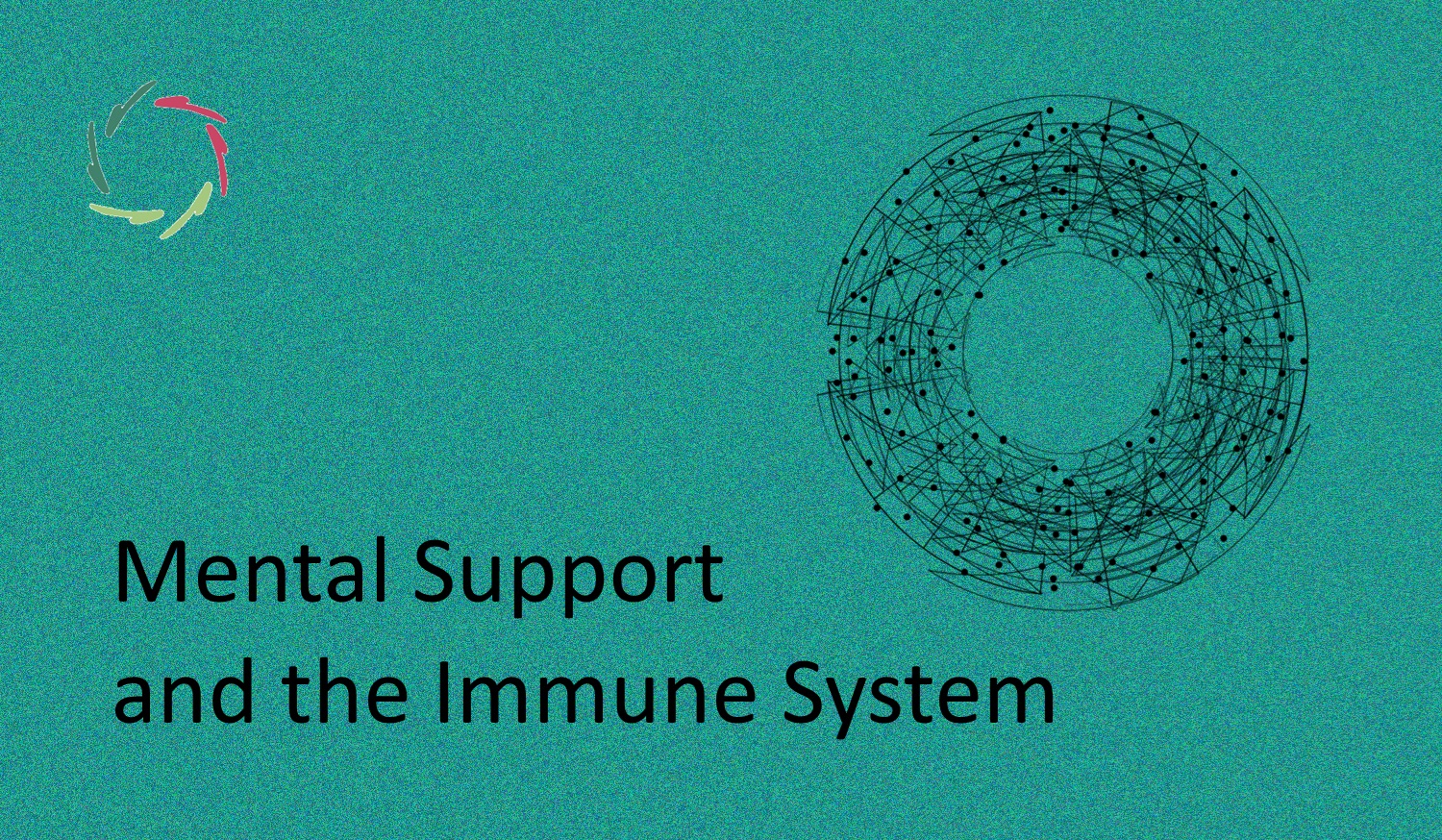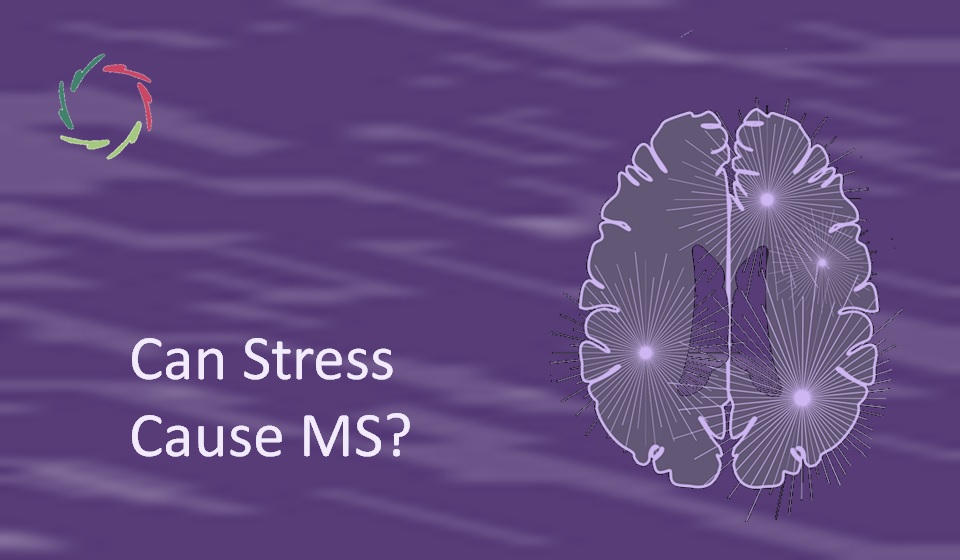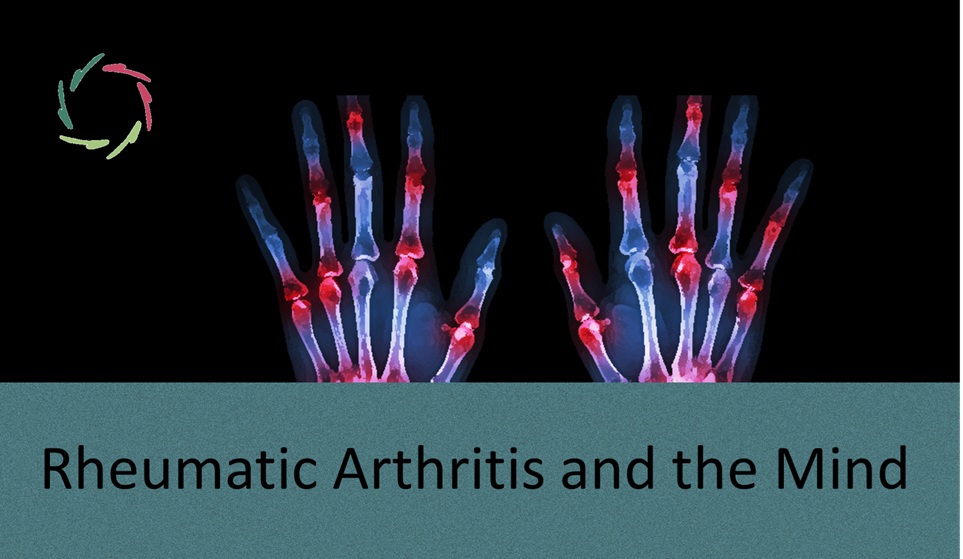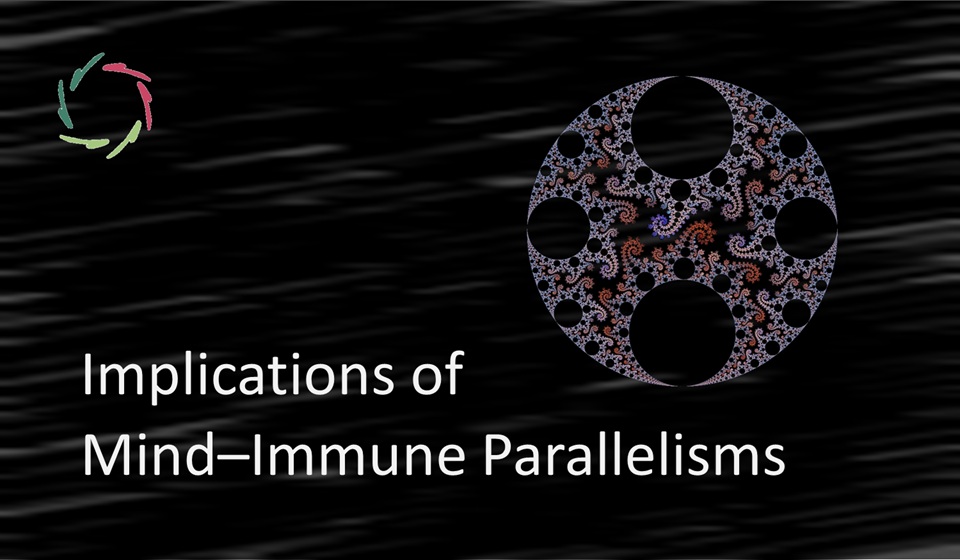Mental Support and the Immune System

In a recent review, psychosocial interventions were associated with positive changes over time.
This review was a comprehensive meta-analysis of 56 unique randomized clinical trials involving 4060 participants. [1] Immune improvements (14% increase in beneficial functions and 18% decrease in harmful functions) persisted for at least six months post-treatment. This is noteworthy, especially when compared to domain-specific medications that typically offer a 6-13% efficiency at a substantial annual cost.
Still, numerous studies remain inconclusive.
While some studies report clear immune enhancements, others do not, and our understanding of these variations remains limited. The reliability of extrapolating these findings to broader populations than those specifically under study is small, indicating the need for further research. Targeted research in diverse populations could reveal the underlying mechanisms and optimize intervention strategies.
Nonetheless, inconclusiveness does not equate to proof against the benefits of psychosocial support.
We might be grossly underestimating the potential of psychosocial support due to incomplete understanding.
Please read Psychotherapy vs. psychotherapies for a deeper exploration of this topic. Without inherent power, psychotherapies struggle to prove effectiveness, especially where expectations are low or objective measures are applied.
In such cases, an intermediary factor – such as cookbook conceptualization – may hinder effectiveness. What is necessary, then? Most probably, openness and genuine depth are essential.
The case of cognitive behavioral therapy (CBT)
In the meta-analysis, CBT was notably linked to improved immunity, showing a substantial 33.8% reduction in harmful immune system activity over time.
However, read What Goes on with CBT?, highlighting CBT’s limited inherent power — likewise as with other psychotherapies. Notably, the meta-analysis required participants to be randomized into a “condition lacking a psychosocial intervention component, such as treatment as usual or waitlist control.” This implies that non-specific factors (like placebo and empathy) can account for the observed effects, suggesting that CBT might not be more effective but rather better suited for research settings.
As the authors note, “placebo and expectancy effects are possible… additional research is needed to identify exactly how (psychosocial) interventions influence immune system activity and health.”
Of course, non-specific factors are aspects of ‘the mind.’
By directly harnessing these factors, we could achieve similar, if not greater, effects. In that case, it becomes a huge deal.
As described in numerous blogs, Compassion (or ‘deep empathy,’) can significantly fulfill this role. Moreover, it operates at the level of mind-body unity in mental-neuronal patterns. Thus, it is not only ethically robust but also potentially the most efficient in practice.
Compassion functions by reducing stress, promoting oxytocin release, and activating neural circuits linked to positive emotions. These effects can influence the hypothalamic-pituitary-adrenal (HPA) axis, thereby modulating immune function. However, the most critical aspect is Compassion’s direct impact on mental-neuronal patterns ― the level of meaningfulness and where true change happens.
AURELIS provides many tools to support this from the inside out.
As always, I refer to Lisa.
As a Compassionate A.I. coach-bot, Lisa integrates all these elements at a low cost, making them accessible to many. This accessibility underscores the potential for widespread adoption and the transformative impact of integrating Compassion and technology in healthcare.
―
References
[1] Shields GS, Spahr CM, Slavich GM. Psychosocial Interventions and Immune System Function: A Systematic Review and Meta-analysis of Randomized Clinical Trials. JAMA Psychiatry. 2020 Oct 1;77(10):1031-1043. doi: 10.1001/jamapsychiatry.2020.0431. PMID: 32492090; PMCID: PMC7272116.


